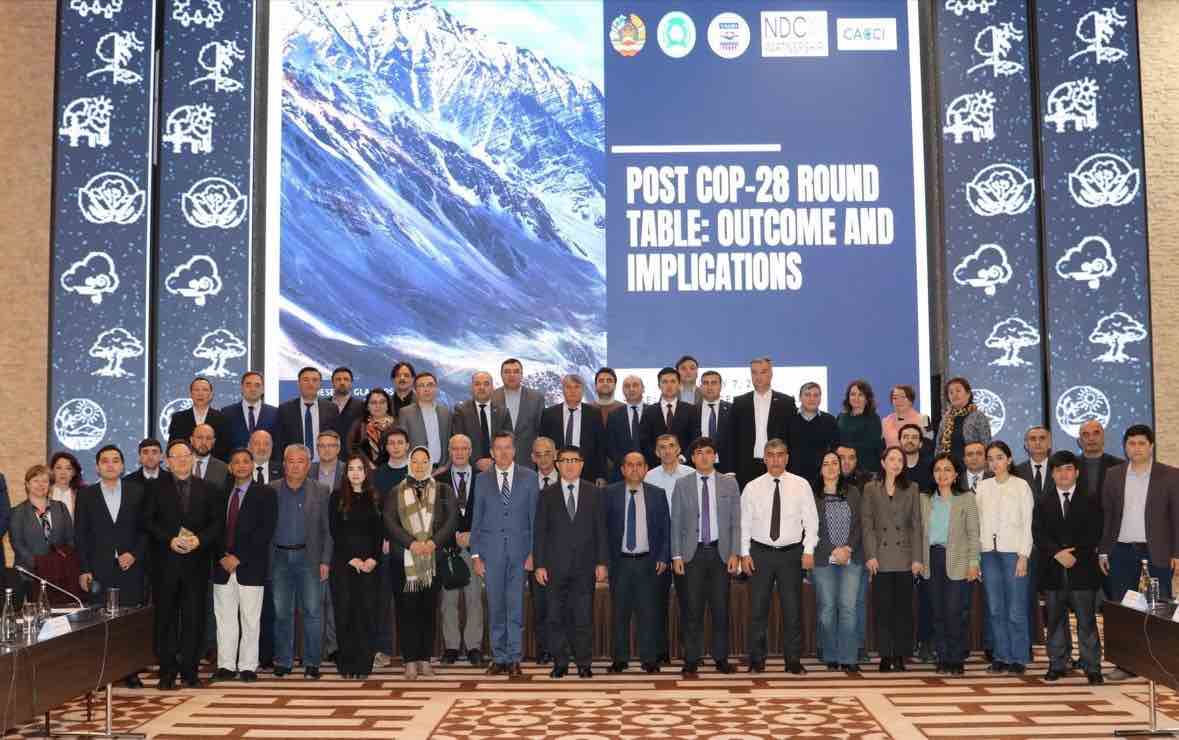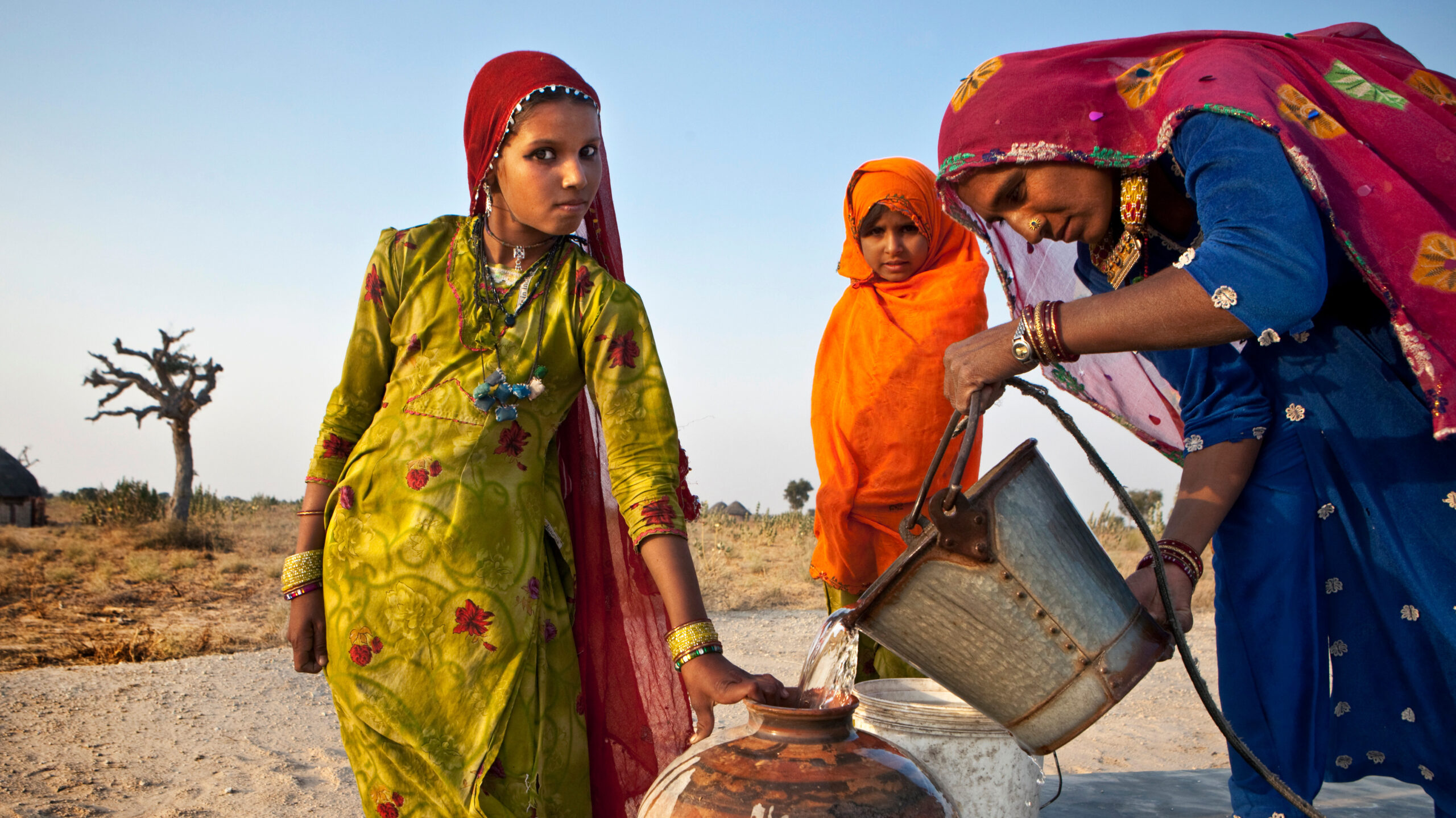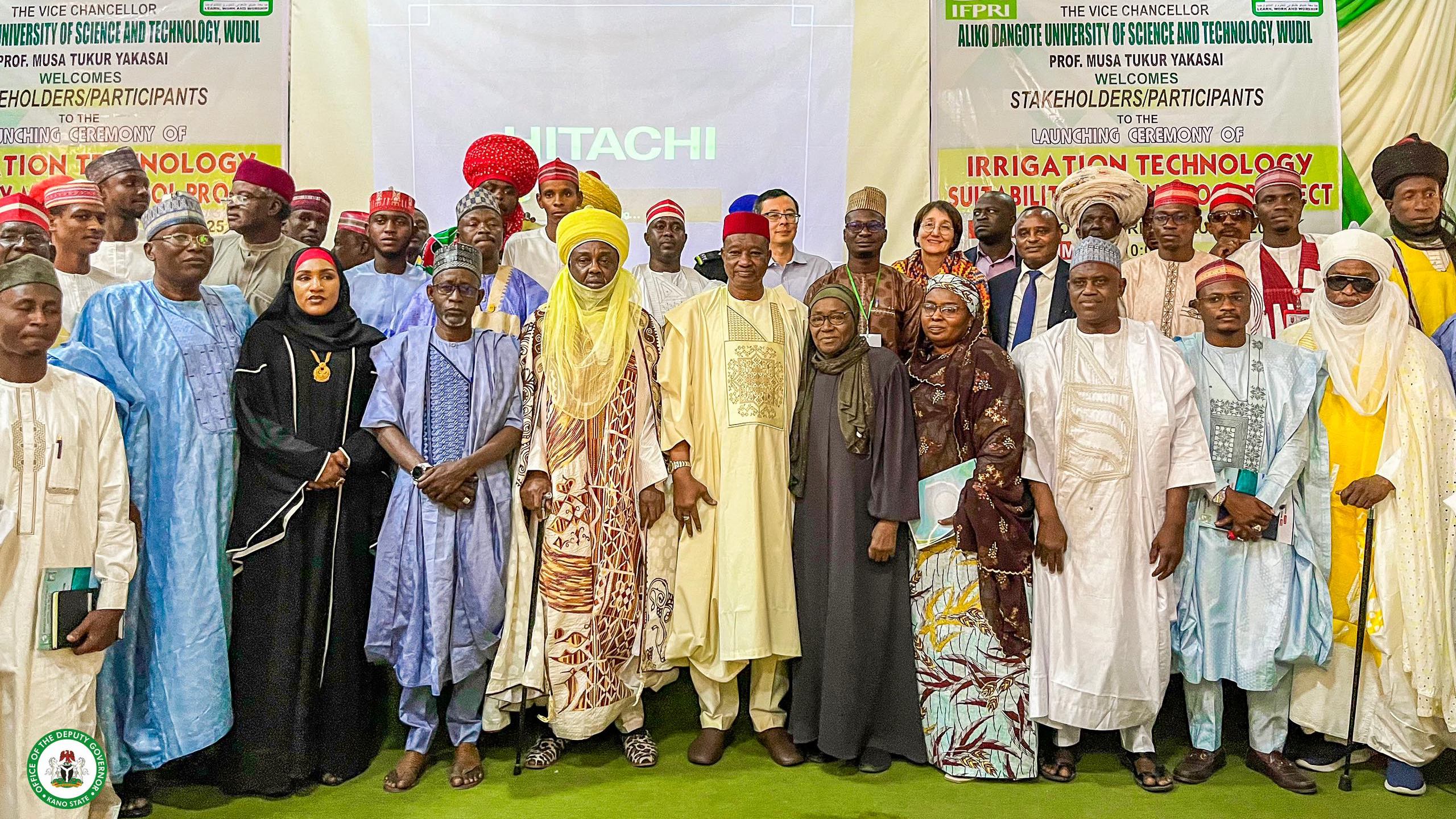Methane is the second-largest contributor to global warming after carbon dioxide. Global anthropogenic methane emissions are projected to rise by up to 13% between 2020 and 2030 if no action is taken. To catalyze action, the United States and the European Union launched the Global Methane Pledge (GMP) at the 2021 UN Climate Change Conference in Glasgow (COP26). The GMP now has over 155 country participants, representing nearly 50% of global anthropogenic methane emissions. Participants agree to take voluntary actions and collectively reduce global methane emissions by at least 30% by 2030 from 2020 levels.
Tajikistan recently joined the Global Methane Pledge with support from IFPRI-implemented activities under USAID’s flagship program Comprehensive Action for Climate Change Initiative (CACCI). Using Tajikistan’s experience, here we discuss the essential pathways which can assist countries in carrying out emissions reductions and meet their global climate change commitments.
Active participation in global climate change-related events
Global and regional climate change events present vital opportunities for participating entities. Countries can gain visibility, share knowledge, and boost cooperation on climate change action.
Under USAID’s CACCI, the Regional Environmental Centre for Central Asia (CAREC) Program and the Committee for Environmental Protection under the Government of the Republic of Tajikistan (CEP) organized the Tajikistan Pavilion with IFPRI support at COP27 in November 2022. It was the first ever Pavilion at a COP meeting to be organized by a Central Asian country. John Kerry, then U.S. Special Presidential Envoy for Climate, visited the Tajikistan Pavilion and urged the government to join the Global Methane Pledge. Highlighting the role the Pledge can play in achieving Nationally Determined Contributions (NDC)—countries’ action plans for reducing emissions and adapting to climate impacts—the parties agreed to strengthen cooperation on climate change and environmental protection.
Building momentum through evidence-driven engagement at the policy level: Assessment and workshops
Evidence-based research and dissemination of study results are critical components in advancing the global climate change agenda at the country level. The discussions with Kerry were instrumental in initiating the first comprehensive methane assessment study in Tajikistan. The research outline and preliminary findings were presented at a multistakeholder workshop in the capital, Dushanbe, in July 2023 . Several insights and suggestions from government ministries and other stakeholders at the workshop were later incorporated in the study.
The study emphasizes that targeting the main sources of methane emissions can yield multiple benefits—improved air quality, reduced health risks from air pollution, enhanced energy efficiency, increased energy security, and the development of sustainable technologies and industries that foster economic growth and job creation. It also recommends undertaking comprehensive studies within key sub-sectors including agriculture, energy, waste and wastewater management. These studies would not only provide valuable insights to inform effective interventions, but also be a basis for future research and data-driven decision-making.
The study argues that Tajikistan’s participation in the Global Methane Pledge offers numerous benefits to the country’s economy, environment, and global reputation. By joining this international effort to reduce methane emissions, Tajikistan can contribute to global climate change mitigation goals, demonstrating its commitment to addressing environmental challenges. This commitment becomes particularly significant for Tajikistan’s agrarian economy, where sustainable livestock management practices can help reduce methane emissions from enteric fermentation. Additionally, the pledge emphasizes improved waste management and methane capture from solid waste sites, aligning with Tajikistan’s green energy objectives. While joining the Global Methane Pledge involves no legal obligations or penalties, it offers a flexible and supportive framework for collaboration, knowledge sharing, funding access, and effective methane reduction measures implementation.
The study’s key insights and recommendations were presented in September 2023 at an event in Dushanbe attended by 26 policy representatives from Tajikistan’s ecology, energy, agriculture, irrigation, forestry, and meteorology sectors. Study team members presented the assessment results. During the discussion, the participants agreed on the need for designing sector-specific methane reduction strategies, while acknowledging the potential benefits of joining the Global Methane Pledge.
Overall, the workshops provided useful feedback, generated awareness, and built support to address methane-related climate challenges in the country. The methane assessment study report has since been published by IFPRI and circulated in the broader policy system in Tajikistan.
Flexible donor support focused on localization
Donor support can propel development results that foster self reliance and ensure sustainability. In Tajikistan, local institutional capacity was strengthened by CACCI with on-the-ground coordination support through the Nationally Determined Contributions (NDC) Secretariat under CEP, which promotes climate change-related activities and monitors and reports on the NDC implementation status.
Consistent and timely follow-up for impact creation
Consistent and time-sensitive communication with decision makers and administrators can influence policy. Using action-oriented engagement, CEP with CACCI support played a significant role in strengthening Tajikistan’s commitment to reducing methane emissions.
A February roundtable event focused on Tajikistan’s post-COP28 plans, including methane emission reduction strategies. In a Development Coordinating Council (DCC) meeting chaired by USAID that followed, there was a general consensus to move forward with the NDC implementation, including methane related actions. CEP leveraged the discussions and the outcomes of these meetings to advance the approval process for joining the Pledge. Working with the Ministry of Foreign Affairs and Ministry of Finance, CEP facilitated the process of Tajikistan officially joining the Global Methane Pledge in March 2024.
Tajikistan’s experience provides a useful example that other countries can follow to strategically move forward on climate goals. Global and regional platforms present an excellent opportunity for countries to engage with climate change experts and build collaborations. At the national level, evidence-based research supported by effective stakeholder engagement can help to shape policies and move them forward.
Suresh Babu is a Senior Research Fellow with IFPRI’s Development Strategies and Governance (DSG) Unit and Head of Capacity Strengthening; Nandita Srivastava is a DSG Research Analyst.







